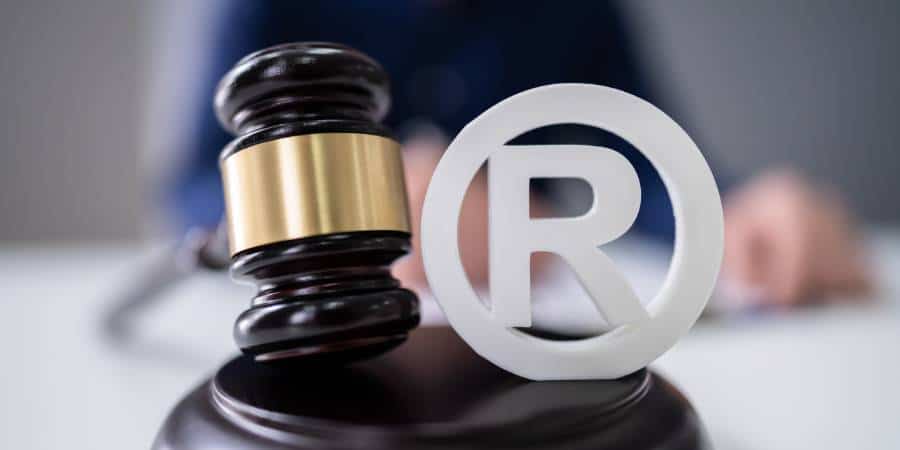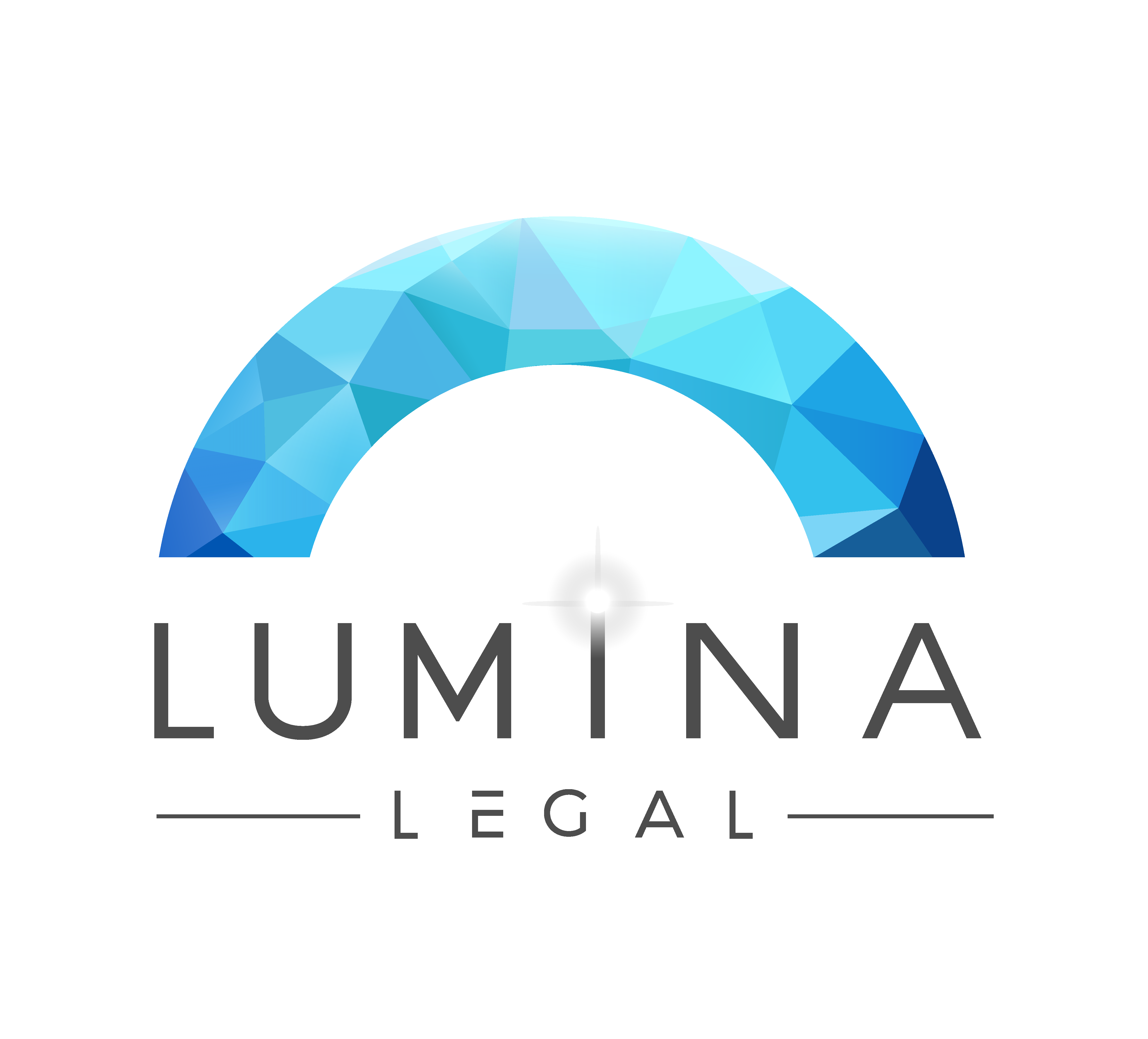An important piece to creating a strong business is protecting its unique brand. As an attorney specializing in intellectual property (IP) law, I often encounter clients who are concerned about the protection of their creative works, inventions, and brands in the United States. It is crucial to understand that the US has robust legal frameworks in place to safeguard intellectual property rights. In this article, I will provide an overview of how intellectual property is protected in the US and the key laws that govern it.
A Guide to US Patent and Trademark Laws

In the United States, intellectual property is protected through various legal mechanisms, including patent law, trademark law, and copyright law. Each category of intellectual property serves a unique purpose and provides different types of protection:
Patent Law:
Patents are granted to inventors to protect new and useful inventions. Under US patent law, inventors are granted exclusive rights to their inventions for a limited period, typically 20 years. This protection allows inventors to prevent others from making, using, selling, or importing their patented inventions without permission. To obtain a patent, inventors must meet specific requirements, including demonstrating novelty, non-obviousness, and utility. Working with an experienced intellectual property attorney is crucial during the patent application process to ensure compliance with the legal requirements and maximize the protection of your invention.
Trademark Law:
Trademarks protect brand names, logos, slogans, and other indicators of the source of goods or services. Trademark law provides exclusive rights to the owner of a registered trademark, allowing them to prevent others from using similar marks that may cause confusion among consumers. Registering a trademark with the United States Patent and Trademark Office (USPTO) offers several advantages, including nationwide protection and the ability to enforce your rights in federal court. It is essential to conduct a comprehensive trademark search and work with a knowledgeable attorney to navigate the registration process and protect your brand effectively.
Copyright Law:
Copyright protects original creative works, such as literary, artistic, and musical works, as well as software, architectural designs, and more. Under US copyright law, creators are granted exclusive rights to reproduce, distribute, display, and perform their works. Unlike patents and trademarks, copyright protection arises automatically upon the creation of an original work. However, registering your copyright with the US Copyright Office offers additional benefits, including the ability to bring a lawsuit for copyright infringement and the potential for statutory damages and attorney’s fees.
Legal Remedies for Infringement and Misuse

In the event of intellectual property infringement or misuse, the US legal system provides several remedies to protect the rights of IP owners. These remedies may include:
Cease and Desist Letters:
IP owners can send cease and desist letters to alleged infringers, demanding that they stop using the protected intellectual property. Cease and desist letters often serve as an initial step in resolving disputes without resorting to litigation.
Injunctions:
Courts can issue injunctions to prevent further infringement or misuse of intellectual property. Injunctions prohibit the infringing party from continuing their unauthorized use or distribution of the protected work.
Damages and Monetary Compensation:
In cases of proven infringement, IP owners may be entitled to monetary damages, which can include actual damages suffered, the infringer’s profits, and, in some instances, statutory damages.
Litigation:
In cases where negotiation and settlement attempts fail, IP owners can pursue litigation to protect their rights. Experienced intellectual property attorneys play a crucial role in presenting a strong case, collecting evidence, and advocating for their clients’ interests in court.
The Importance of Registering Your Intellectual Property

While some forms of intellectual property protection arise automatically, registering your intellectual property with the appropriate government agencies is highly recommended. Registering trademarks with the USPTO and copyrights with the US Copyright Office offers additional legal protections, including the presumption of ownership, public notice of your rights, and the ability to enforce your rights in federal court. It is advisable to work closely with an attorney during the registration process to ensure proper documentation and adherence to legal requirements.
Conclusion
Intellectual property is well-protected in the United States through comprehensive legal frameworks, including patent law, trademark law, and copyright law. By understanding these laws and working with an experienced intellectual property attorney, creators, inventors, and businesses can effectively protect their valuable intellectual assets. Whether through registration, enforcement, or legal remedies for infringement, the US legal system offers a robust framework for safeguarding intellectual property rights. Contact Lumina Legal today to learn more about how we can assist you in protecting your intellectual property and navigating the complexities of US intellectual property laws.


Recent Comments